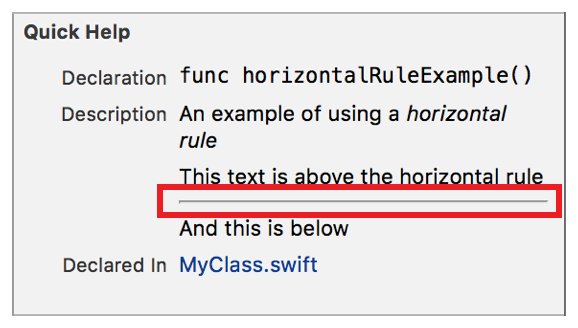 In general, humans are fond of rules. They
make life predictable and help them hold reasonable expectations on the people
around them. Rules also function as a help to attain a feeling of correctness
and belonging, since rules create an us vs. them paradigm (at least for those
who obey the rules). One thing that all Swedes, or Americans, have in common is
that they are subject to the same rules and laws. The idea for a sovereign
state is that there should be no exceptions to this general rule. Society, as
we know it, would take a hard toll if one part of it wasn’t expected to live by
the rules established and, in consequence couldn’t be held accountable for
violations of them.
In general, humans are fond of rules. They
make life predictable and help them hold reasonable expectations on the people
around them. Rules also function as a help to attain a feeling of correctness
and belonging, since rules create an us vs. them paradigm (at least for those
who obey the rules). One thing that all Swedes, or Americans, have in common is
that they are subject to the same rules and laws. The idea for a sovereign
state is that there should be no exceptions to this general rule. Society, as
we know it, would take a hard toll if one part of it wasn’t expected to live by
the rules established and, in consequence couldn’t be held accountable for
violations of them.
Man-made rules
are horizontal in nature. The purpose of rules and law is to regulate behavior;
to promote behavior the law-maker desires and proscribe undesired behavior.
They apply to human interaction and that between man-made institutions
(companies, governments, churches and other organizations). John Adams, the
second President of the United States, stated that, “Our Constitution was made
only for a moral and religious people. It is wholly inadequate to the
government of any other.” In this sphere of existence, rules do have a place.
If a moral and religious people would have need to be governed, then what kind
of people would be in no need of an outward set of rules? What’s the role of
rules and law in the vertical relationship between man and God?
Through Jeremiah,
the Lord said that, in a future day, “I will put my law in their inward parts,
and write it in their hearts; and will be their God, and they shall be my
people. And they shall teach no more every man his neighbour, and every man his
brother, saying, Know the LORD: for they shall all know me, from the least of
them unto the greatest of them,”[1]The Lord’s people are those who have no need to be told to know the Lord, for
they already know him, and the will have his
law written in their hearts. What then is this law?
In a revelation
given to Joseph Smith in December of 1832, Jesus alluded to a law he previously
had given which would sanctify those who adhered to it, calling it “the law of
Christ.”[2]
This side note finds itself in a discussion on the laws of the celestial,
terrestrial and telestial kingdoms, and that a person will find themselves
blessed in accordance with the law they have been able to abide. The revelation
also mentions the earth, stating that, “it must needs be sanctified from all
unrighteousness, that it may be prepared for celestial glory” and eventually be
inherited by the meek. The earth will be crowned with this glory, even with the
presence of God the Father, “after it hath filled the measure of its creation.”[3]
The revelation goes on, pronouncing that, “the earth abideth the law of the
celestial kingdom, for it filleth the measure of its creation. … Wherefore, it
shall be sanctified.”[4]
From this we
gather that the law of Christ is the same as the law of the celestial kingdom,
which is to fill the measure of one’s creation. A man-made tool or instrument
that doesn’t fill its purpose will be discarded, and one that fulfills the
expectations of its owner will be kept and cherished and used over and over
again. The same goes for the human race; can we do better than what we were
created for? Can we rise above God’s intentions? The answer to these questions
is no. We can, and most of us do,
however, live far beneath our divine and spiritual privileges.
As we strive to
prepare for celestial glory, what are we to do and aim for? What is our vision?
What is the law we should give place for in our hearts? What did God create us
to be? Or, in other words, what is the measure of our creation?
No comments:
Post a Comment